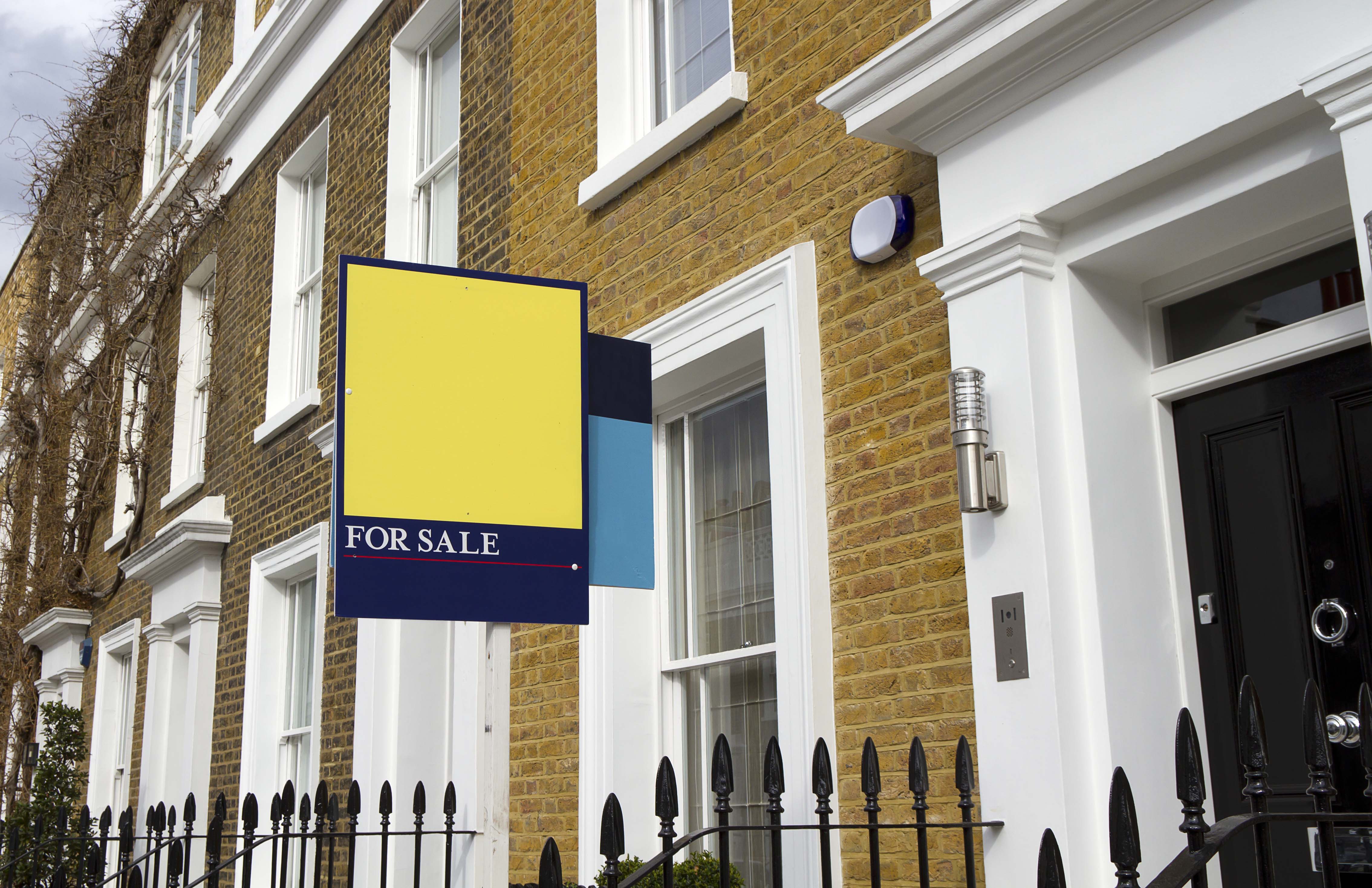Buy To Let
Stamp Duty receipts rise ahead of lockdown measures

HMRC collected £1.8bn in residential Stamp Duty Land Tax receipts in the first quarter of the year, a six per cent increase on the previous year, statistics reveal.
In Q1 2020, 67 per cent of residential transactions were liable for stamp duty, two per cent higher than for Q1 2019.
Furthermore, there were 219,400 residential stamp duty transactions in the first quarter of the year, a two per cent decline on the 224,900 completed in the first quarter last year.
The proportion of residential transactions which claimed First Time Buyers Relief remained static year-on-year at 21 per cent, accounting for 46,200 of transactions in the first quarter of 2020. Of these 35,400 were non-liable and paid no stamp duty tax.
Residential receipts accounted for 72 per cent of the total quarterly receipts, higher than the 65 per cent reported for Q1 last year. HMRC suggested this was down to a “large reduction” in non-residential transactions.
Zena Hanks, partner in the private wealth team at Saffery Champness, said the rosy picture in today’s statistics should be looked at cautiously, reflecting decisions made ahead of the current coronavirus crisis.
She said: “The test for the pandemic’s impact on property deals will likely be in the Q2 receipts. Home buyers seem to have been determined to complete in Q1, perhaps spurred on to get their affairs in order before the implementation of a long drawn out lockdown. This has been good news in the short-term for the treasury, with overall receipts only taking a minor hit. But that good news may be short lived.
“We have already seen the lockdown put a stop to many property transactions completing with buyers and sellers not being able to move on within their respective property chains. Looking a little further ahead even when we do return to some sort of normality there will be continued pressure on incomes – for businesses, and for individuals, particularly the self-employed or those on furlough who have taken a 20% pay cut.
“A combination of reductions to income and a reduction in confidence is not likely to inspire to people to re-engage with a property move and to take on new financial commitments. All of which suggests a reduction in property transactions in the coming months, possibly years, which in turn will mean a reduction in SDLT receipts at a time when the treasury needs tax receipts more than ever to help soak up the cost of the government’s coronavirus support packages.”